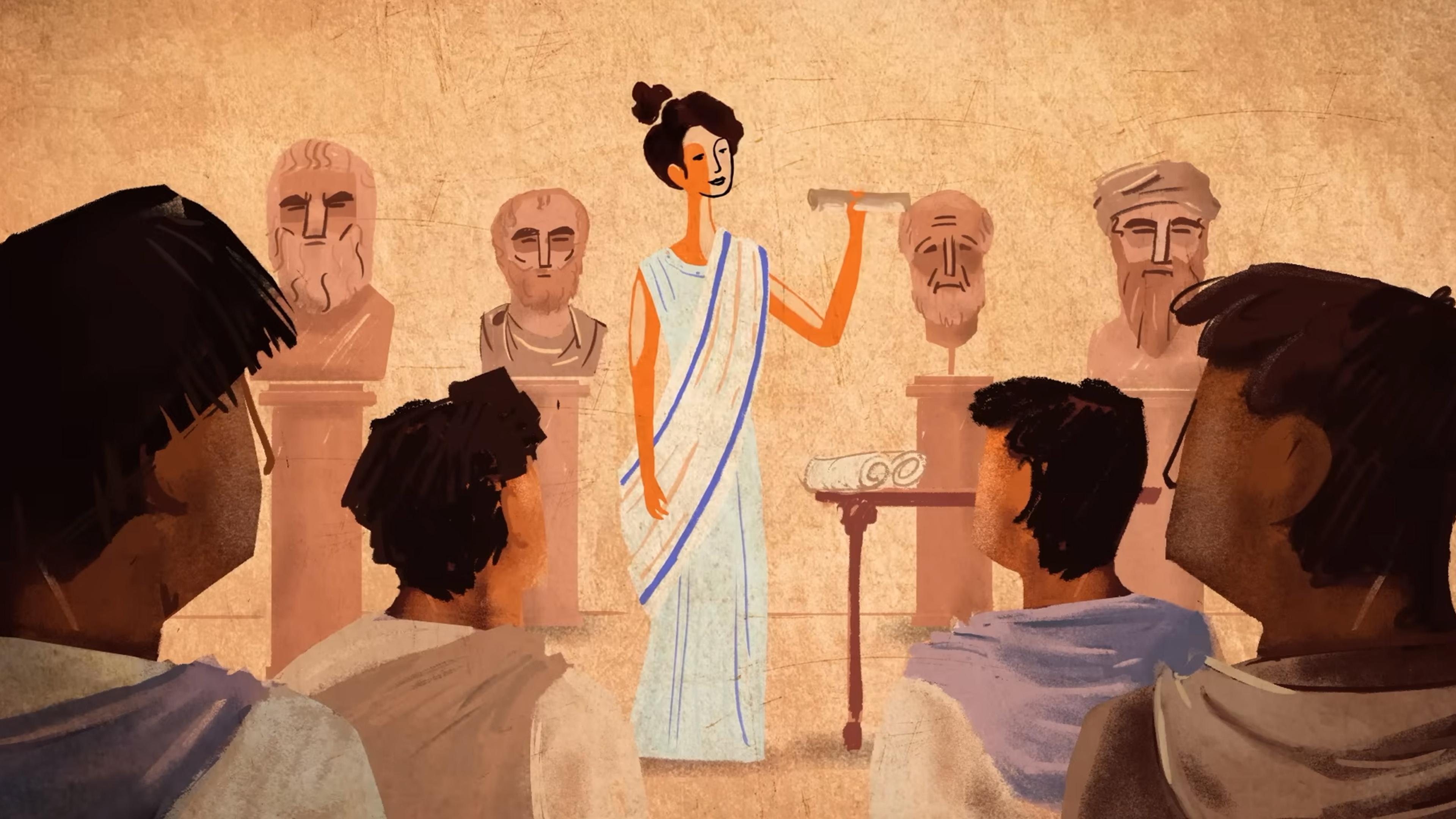How a verbal paradox shattered the notion of total certainty in mathematics
Dating back to ancient Greece, the idea that any mathematical statement can ultimately be proven true or false, and any apparent contradiction ultimately erased, was as enticing as it was intuitive for many logicians and mathematicians. However, this long-dominant belief was upended in the early 20th century when the logician Kurt Gödel converted a written paradox – ‘This statement cannot be proved’ – into an equation, shattering the notion that mathematics could be built on structures of total certainty. This animation from TED-Ed traces how Gödel was able to use words to transform mathematics forever, and how his ‘incompleteness theorem’ has led to breakthroughs in both his field and the digital world.

video
History of science
Ideas ‘of pure genius’ – how astronomers have measured the Universe across history
29 minutes

video
History
Hags, seductresses, feminist icons – how gender dynamics manifest in witches
13 minutes

video
Art
Background music was the radical invention of a trailblazing composer
17 minutes

video
Metaphysics
What do past, present and future mean to a philosopher of time?
55 minutes

video
Computing and artificial intelligence
Why large language models are mysterious – even to their creators
8 minutes

video
Art
Radical doodles – how ‘exquisite corpse’ games embodied the Surrealist movement
15 minutes

video
Beauty and aesthetics
In art, the sublime is a feedback loop, evolving with whatever’s next to threaten us
9 minutes

video
Physics
To change the way you see the Moon, view it from the Sun’s perspective
5 minutes

video
Thinkers and theories
A rare female scholar of the Roman Empire, Hypatia lived and died as a secular voice
5 minutes